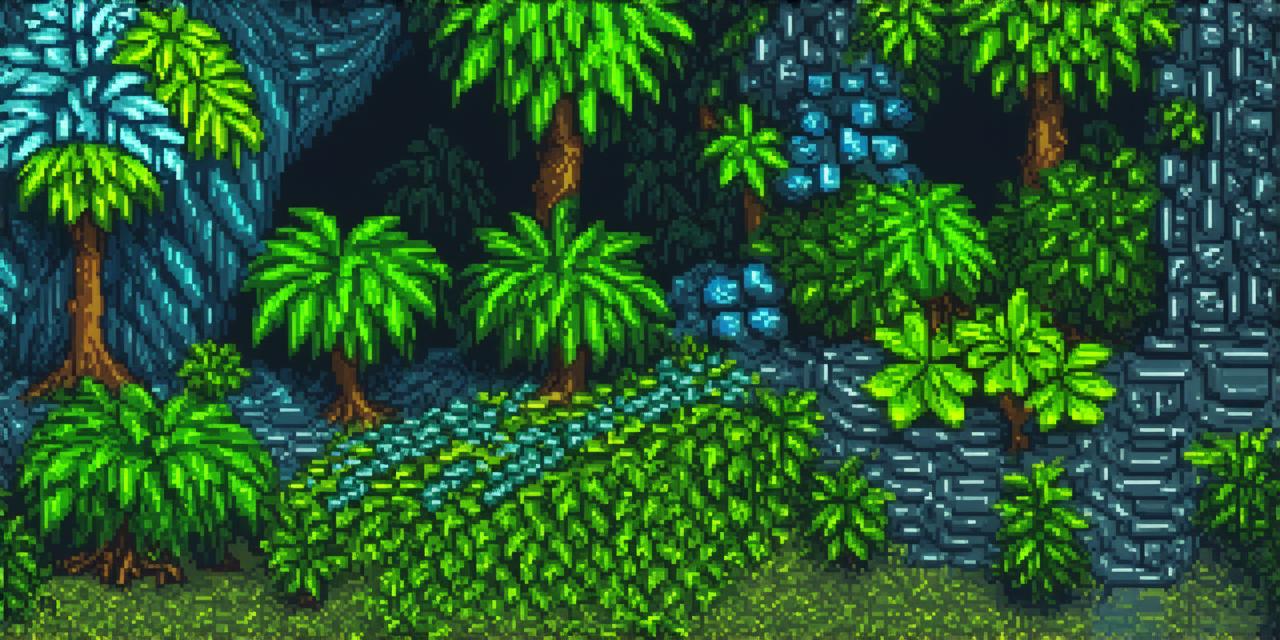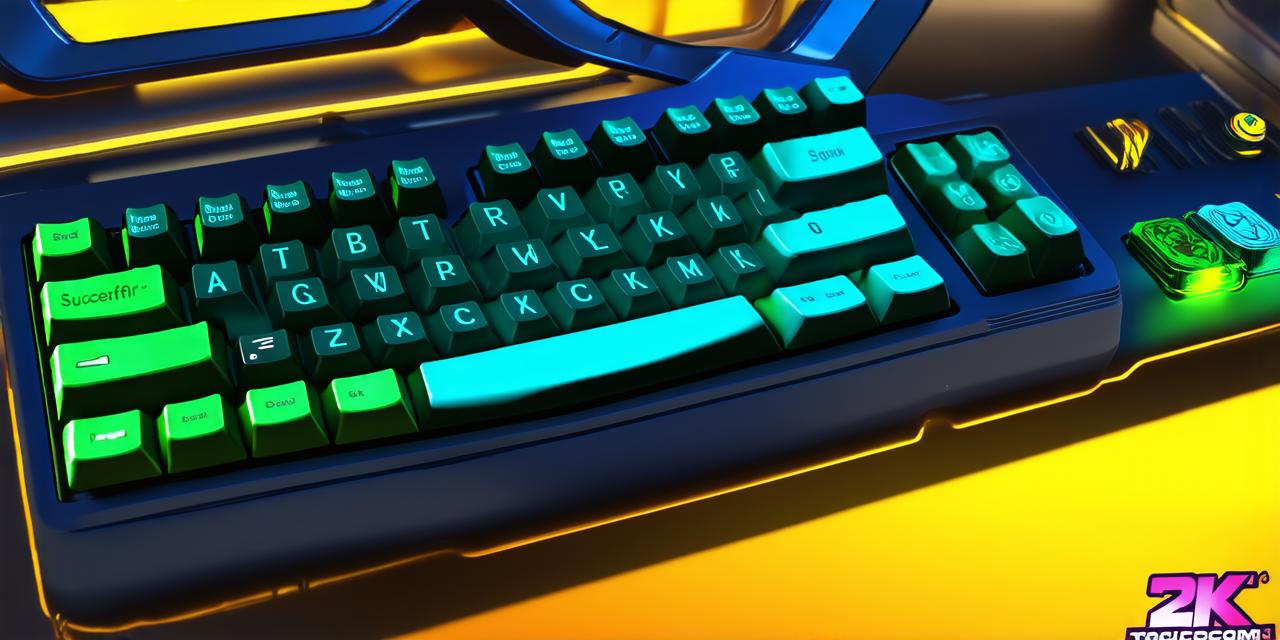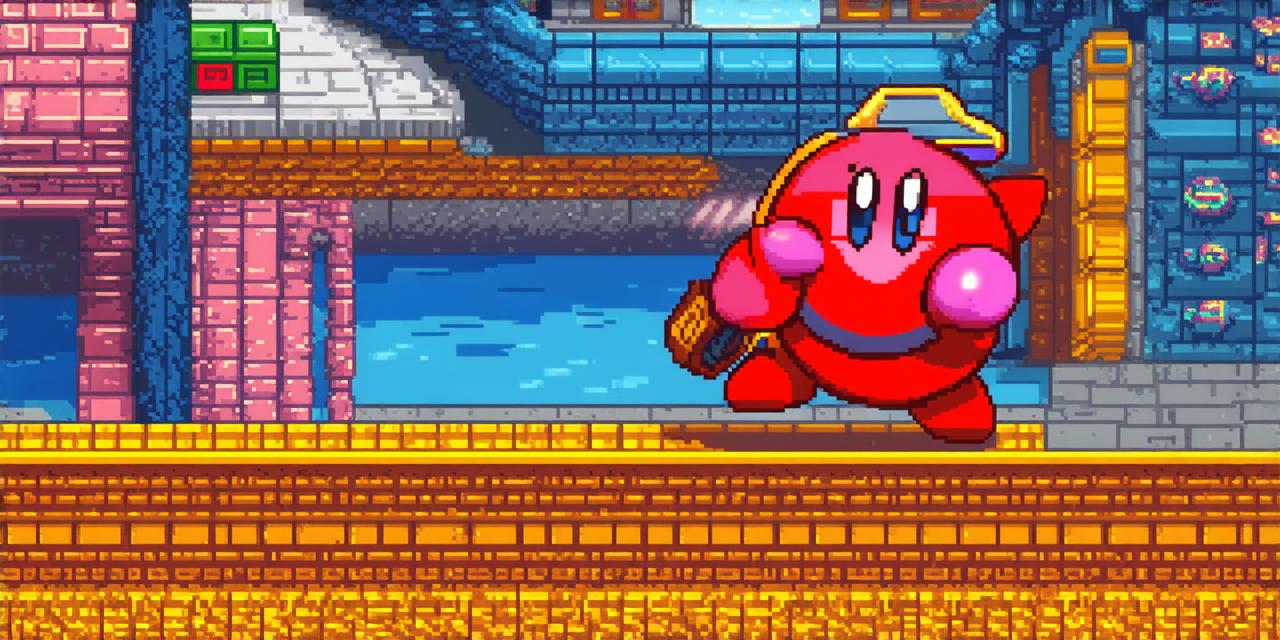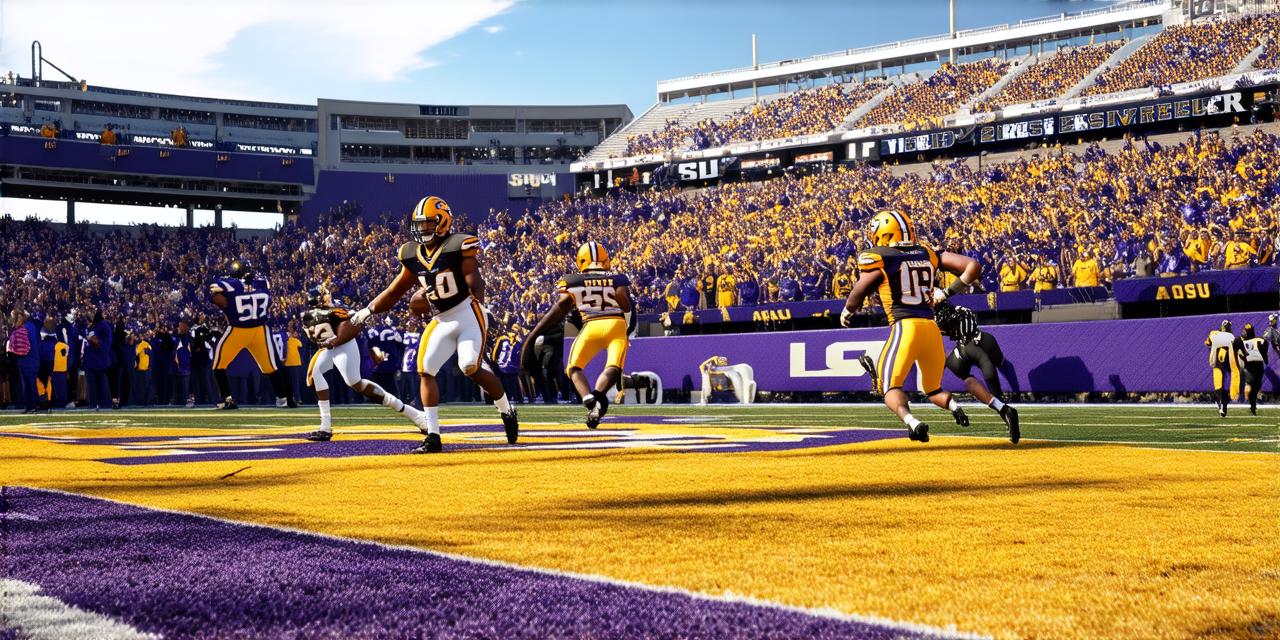Independent game development has grown in popularity in recent years, and many aspiring game developers are eager to create their own games. However, creating a successful indie game requires more than just a good idea; it also requires a skilled team of professionals who can work together to bring that idea to life. In this article, we’ll explore the steps involved in assembling an indie game development team and how to optimize your team for success.
1. Define Your Game Vision
Before you start looking for team members, it’s important to have a clear idea of what your game will look like and what it will do. This is often referred to as the “game vision,” and it should be a detailed document that outlines the game’s goals, mechanics, art style, and target audience. Having a solid game vision will help you attract the right team members who share your vision and can contribute their skills and expertise to make it a reality.
2. Determine Your Team Roles
Once you have a clear game vision, the next step is to determine what roles are necessary for your team. There are several key roles that every indie game development team should have:
- Game Designer: This person will be responsible for creating the game’s mechanics, rules, and overall flow. They will also work closely with the art director and programmer to ensure that the game is balanced and fun.
- Art Director: This person will be responsible for creating the game’s visual assets, including characters, environments, and other graphics. They will also work with the game designer and programmer to ensure that the game’s art style matches the game’s vision and mechanics.
- Programmer: This person will be responsible for implementing the game’s mechanics and rules using programming languages such as C++ or Unity. They will also work closely with the game designer and art director to ensure that the game runs smoothly and is bug-free.
- Quality Assurance (QA) Tester: This person will be responsible for testing the game to ensure that it is free of bugs, glitches, and other issues. They will also provide feedback on how the game can be improved.
- Producer/Manager: This person will be responsible for managing the team’s progress, ensuring that deadlines are met, and keeping the team organized and motivated. They will also work with you to create a project plan and budget.
3. Hire Freelancers or Contractors
If you don’t have access to a full-time team, consider hiring freelancers or contractors for specific roles. There are many platforms available online where you can find skilled professionals in various areas of game development, such as Upwork, Fiverr, and Freelancer. When hiring freelancers, it’s important to clearly define their roles and responsibilities, set deadlines, and communicate regularly to ensure that the project stays on track.
4. Create a Team Culture
Creating a positive team culture is essential for any successful indie game development team. This includes setting clear expectations, encouraging open communication, and providing regular feedback. It’s also important to foster a sense of collaboration and teamwork among team members. This can be done through regular team-building activities, shared goals, and celebrating successes together.
5. Optimize Your Team for Communication
Effective communication is critical to the success of any team, and indie game development teams are no exception. There are several tools and platforms available that can help optimize your team for communication, such as project management software like Trello or Asana, video conferencing tools like Zoom or Skype, and instant messaging apps like Slack or Discord.
6. Conduct Regular Meetings
Regular meetings are essential for keeping the team on track and ensuring that everyone is on the same page. These meetings can be formal or informal, depending on the nature of the information being discussed. They can also be held in person or remotely, depending on the location of team members.
7. Continuously Evaluate Your Team’s Performance
It’s important to continuously evaluate your team’s performance and make adjustments as needed. This includes providing regular feedback, recognizing and rewarding good work, and addressing any issues or conflicts that arise. It’s also important to regularly review the project plan and budget to ensure that the team is on track and within budget.
FAQs
What are some common mistakes made when assembling an indie game development team?
- Not having a clear game vision or project plan
- Failing to define roles and responsibilities clearly
- Hiring freelancers without proper communication or management
- Not fostering a positive team culture
- Failing to conduct regular meetings or evaluate team performance
How can I ensure that my indie game development team is successful?
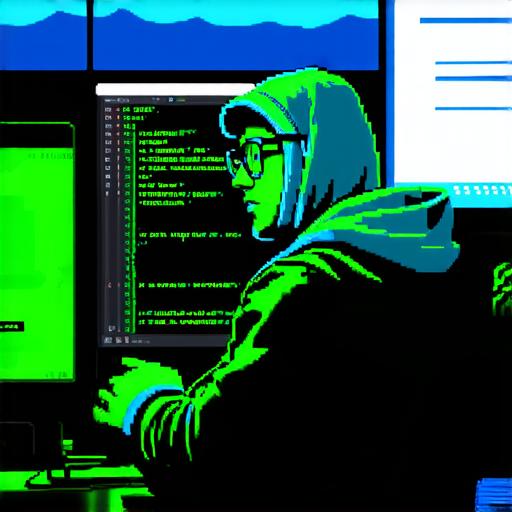
- Define the game vision, roles, and responsibilities clearly
- Hire skilled professionals with experience in game development
- Create a positive team culture that fosters collaboration and communication
- Optimize your team for communication through the use of technology
- Conduct regular meetings and evaluate team performance regularly
What is the role of a producer/manager in an indie game development team?
- To manage the team’s progress and ensure that deadlines are met
- To organize the team and keep them motivated
- To create a project plan and budget
- To communicate effectively with stakeholders and clients
How do I find skilled professionals for my indie game development team?
- Through online platforms such as Upwork, Fiverr, and Freelancer
- Through professional networks like LinkedIn or GameDev.
